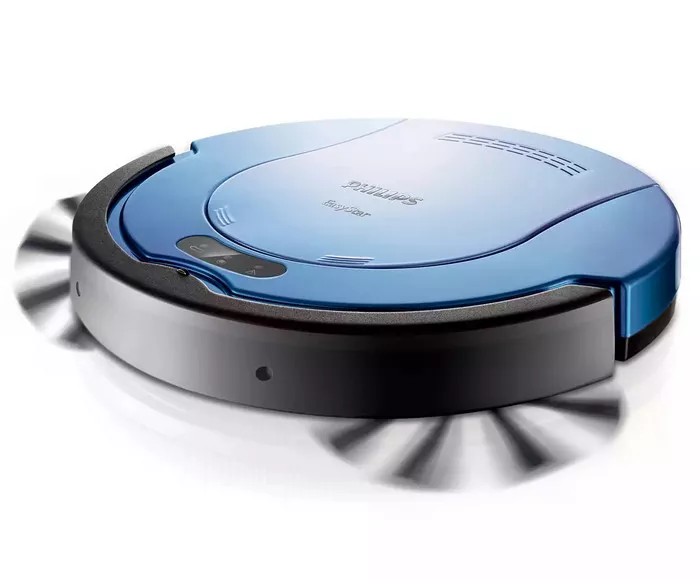In the realm of vacuum cleaners, suction power is the linchpin of effectiveness. It refers to the force exerted by the vacuum’s airflow, determining its capacity to lift dirt and debris from surfaces. This force is pivotal in dislodging and capturing particles nestled within carpets, upholstery, and hard floors.
Importance of Suction Power:
The significance of suction power cannot be overstated. A vacuum cleaner with robust suction can penetrate deep into fibers and crevices, ensuring a thorough clean. Particularly on carpets and rugs where grime tends to embed itself, higher suction power becomes imperative for lifting dirt effectively. Moreover, in homes with pets or individuals prone to allergies, potent suction is vital for removing dander and allergens from surfaces, contributing to a healthier indoor environment.
Factors Affecting Suction Power:
Several factors play into the suction power prowess of a vacuum cleaner:
1. Motor Strength: The heart of any vacuum, the motor dictates the airflow and suction capabilities. A more potent motor generates greater suction power, translating to enhanced cleaning performance.
2. Airflow System Design: The efficiency of the vacuum’s airflow pathway significantly impacts suction power. A well-designed system minimizes air leaks and maximizes airflow, optimizing suction for superior cleaning.
3. Vacuum Bag or Dustbin Quality: The design and quality of the vacuum bag or dustbin influence suction power. Airtight seals and ample capacity ensure consistent airflow, preserving suction strength throughout cleaning sessions.
4. Condition of Filters: Filters are the guardians of suction power, preventing debris from clogging the airflow. Regular maintenance and replacement of filters are essential to uphold optimal suction performance.
Measurement of Suction Power:
Suction power is quantified through various metrics:
1. Air Watts: This measurement accounts for both airflow and suction, providing a comprehensive assessment of a vacuum’s cleaning prowess.
2. Airflow (CFM) and Suction (Inches of Water Lift): These metrics individually gauge airflow volume and suction force, offering insights into a vacuum’s capabilities.
Considerations for Different Cleaning Needs:
Tailoring suction power to specific cleaning requirements is imperative:
1. High-Traffic Areas: Homes with heavy foot traffic and pets necessitate higher suction power to combat embedded dirt and pet hair effectively.
2. Hard Floors vs. Carpets: While lower suction settings suffice for hard floors, carpets demand elevated suction levels to dislodge debris from deep within fibers.
Balancing Suction Power and Other Features:
While suction power holds paramount importance, it must be balanced with other considerations:
1. Maneuverability: Easy maneuverability ensures efficient cleaning without sacrificing suction power.
2. Noise Level: Quieter operation enhances user comfort, especially during prolonged cleaning sessions.
3. Filtration Efficiency: Superior filtration traps allergens and fine particles, maintaining air quality while maximizing suction power.
4. Battery Life (for Cordless Models): Cordless vacuums must marry robust suction with extended battery life for uninterrupted cleaning sessions.
User Reviews and Recommendations:
User feedback serves as a valuable compass in navigating the sea of vacuum cleaners:
1. Dyson V11 Absolute: Praised for its potent suction and versatility, the Dyson V11 Absolute earns accolades for effortlessly tackling diverse cleaning tasks.
2. Shark Navigator Lift-Away Pro: Renowned for its powerful suction and ergonomic design, the Shark Navigator Lift-Away Pro garners acclaim for its ability to conquer stubborn dirt and pet hair.
3. Miele Complete C3 Cat & Dog: Celebrated for its exceptional suction power and filtration system, the Miele Complete C3 Cat & Dog earns plaudits for its efficacy in pet-friendly households.
Maintenance and Optimization:
To preserve and optimize suction power over time, diligent maintenance is imperative:
1. Filter Cleaning: Regularly clean or replace filters to prevent clogs and maintain optimal airflow.
2. Brush Roll Maintenance: Clear debris and hair from brush rolls to prevent obstructions and uphold suction efficiency.
3. Airflow Path Inspection: Periodically inspect the vacuum’s airflow path for blockages, ensuring unimpeded suction flow.
4. Motor Care: Adhere to manufacturer recommendations for motor maintenance to sustain peak suction performance.
Conclusion
In conclusion, understanding the intricacies of suction power is pivotal in selecting a vacuum cleaner tailored to one’s cleaning needs. By considering factors influencing suction power, balancing it with other features, and heeding user recommendations, users can make informed choices to achieve pristine cleaning results. Moreover, diligent maintenance ensures sustained suction power efficacy, prolonging the lifespan and efficiency of vacuum cleaners.

